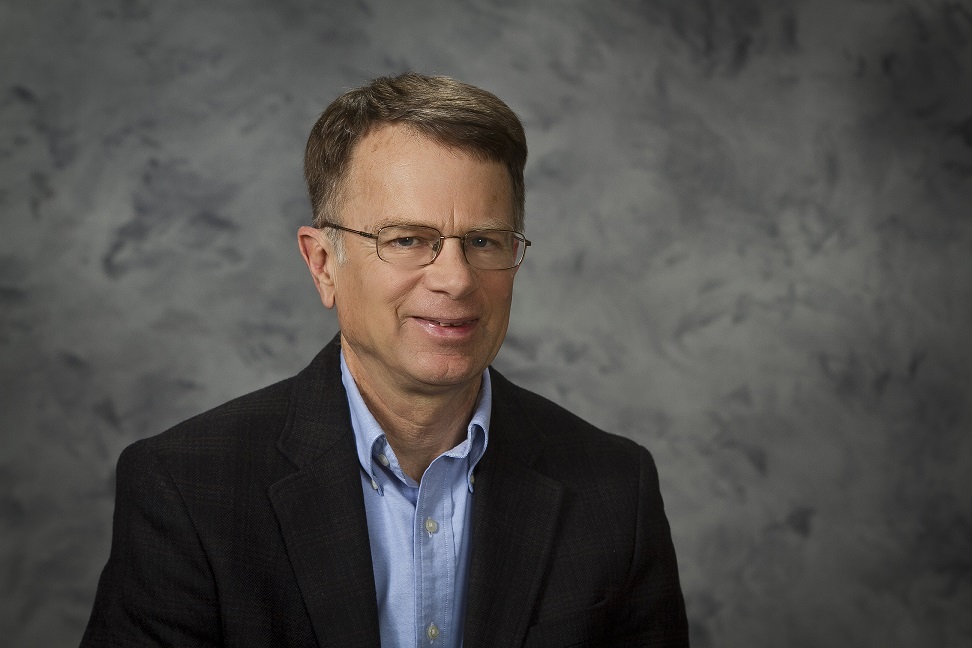In partnership with Shenandoah University, Bridgewater College Professor of History, Emeritus, Dr. Stephen Longenecker is researching primary sources of African American commemoration of emancipation in an effort to create a digital history project exploring the subject.
In 2021, SU’s McCormick Civil War Institute was named an affiliate partner in the Council of Independent Colleges’ Legacies of Slavery Project. The project, done in partnership with the Gilder Lehrman Center for the Study of Abolition, Slavery and Resistance at Yale University with financial support from the Andrew Mellon Foundation, aims to look at slavery’s many legacies across the U.S. While Shenandoah studied the ways in which Blacks in the Shenandoah Valley commemorated Emancipation and pushed back against the Lost Cause memory of the Civil War, students and faculty from other CIC institutions were tapped for the project, including Longenecker and Bridgewater College.
Longenecker is part of the research team tasked with locating relevant primary documents to create a digital history project that offers an array of sources chronicling the ways in which the Shenandoah Valley’s Black population preserved the Civil War’s emancipationist legacy and, in doing so, challenged the Lost Cause.
“My specific task was to look for examples of African American commemoration of emancipation. Celebrations of emancipation were common in large urban centers, and the question was whether smaller communities in the Valley similarly staged Emancipation Day celebrations,” Longenecker said.
Longenecker’s research found relatively few events. He was assigned Rockingham and Shenandoah counties, where he uncovered only a few celebrations between 1865 and 1900. In 1878, abolitionist Frederick Douglass was scheduled to speak in Harrisonburg, Va., but did not appear. The Harrisonburg newspaper suggested that his busy schedule in Washington, D.C., prevented the visit, but the Woodstock paper reported that a Black minister in Harrisonburg had warned him that it was unsafe to come. Longenecker’s further research found that The Shenandoah Herald reported that the minister’s house was subsequently burned.
“Rather than overt, public celebrations of freedom, what emerged was an African American community slowly and relatively quietly creating a community—a social infrastructure—of churches and schools. Of course, this was unprecedented, and totally impossible during slavery,” Longenecker says.
Longenecker said one of the most interesting facts he uncovered was the existence of a Black brass band in Bridgewater, Va. Small, community brass bands became very popular after the Civil War, and in 1885 Bridgewater held a Grand Band Jubilee with nine brass bands marching down Main Street and back, before marching up Allemang’s Hill for a picnic. Several thousand spectators reportedly appeared. Marching last was a Black band that Longenecker says “ate everybody’s dust, but they were there, and the local paper pronounced them the best band in attendance. Again, this would have been unthinkable during slavery. Progress.”
Once finalized in the latter half of 2023, the digital history project website will include primary documents, essays that resurrect the stories of individuals long forgotten who played important roles in the preservation of the conflict’s emancipationist memory and contextualize the documents, classroom activities linked to the Virginia Standards of Learning (SOL), a timeline, suggested reading and images of peoples, places and artifacts that highlight the war’s emancipationist memory in the Shenandoah Valley.
This project also dovetails with Longenecker’s next book, centered on the history of Reconstruction in the Shenandoah Valley. His most recently completed book project, Pulpits of the Lost Cause: The Faith and Politics of Former Confederate Chaplains During Reconstruction, is forthcoming from the University of Alabama Press in February 2023. He has also published six other books on American religious history, including Gettysburg Religion: Race, Refinement, and Diversity in the Antebellum and Civil War Border North (2014). He earned his master’s from West Virginia University and his doctorate in history from Johns Hopkins University.
Media Contact:
mediarelations@bridgewater.edu
(540) 828-5720


